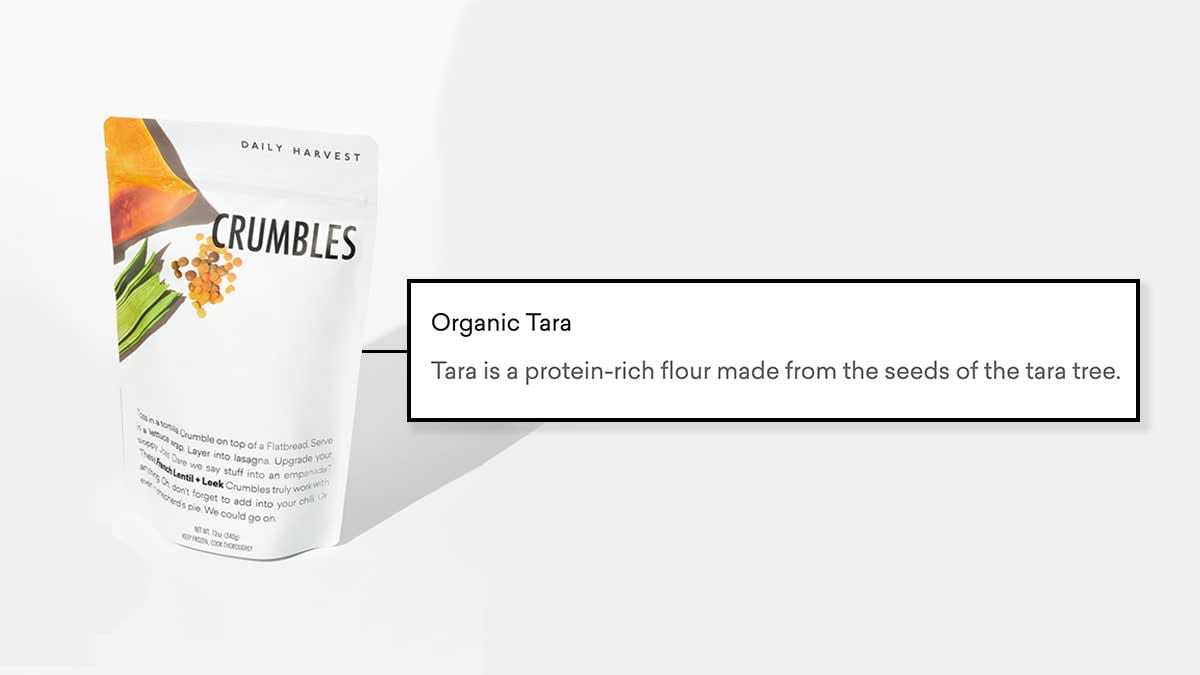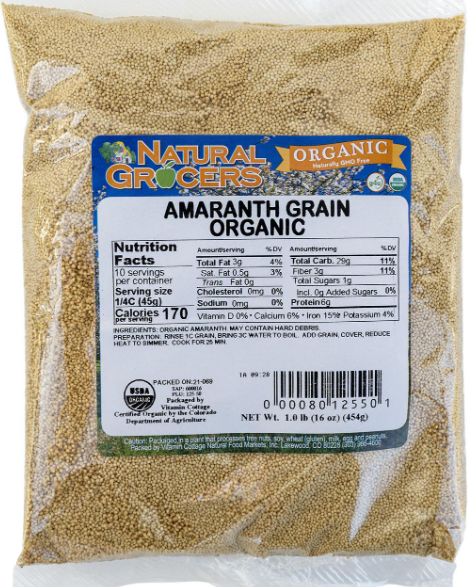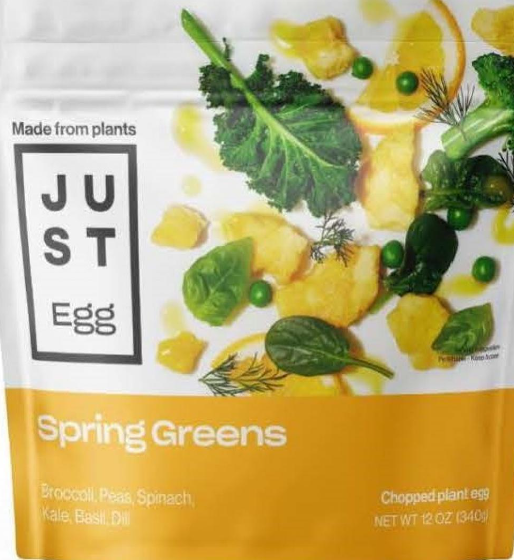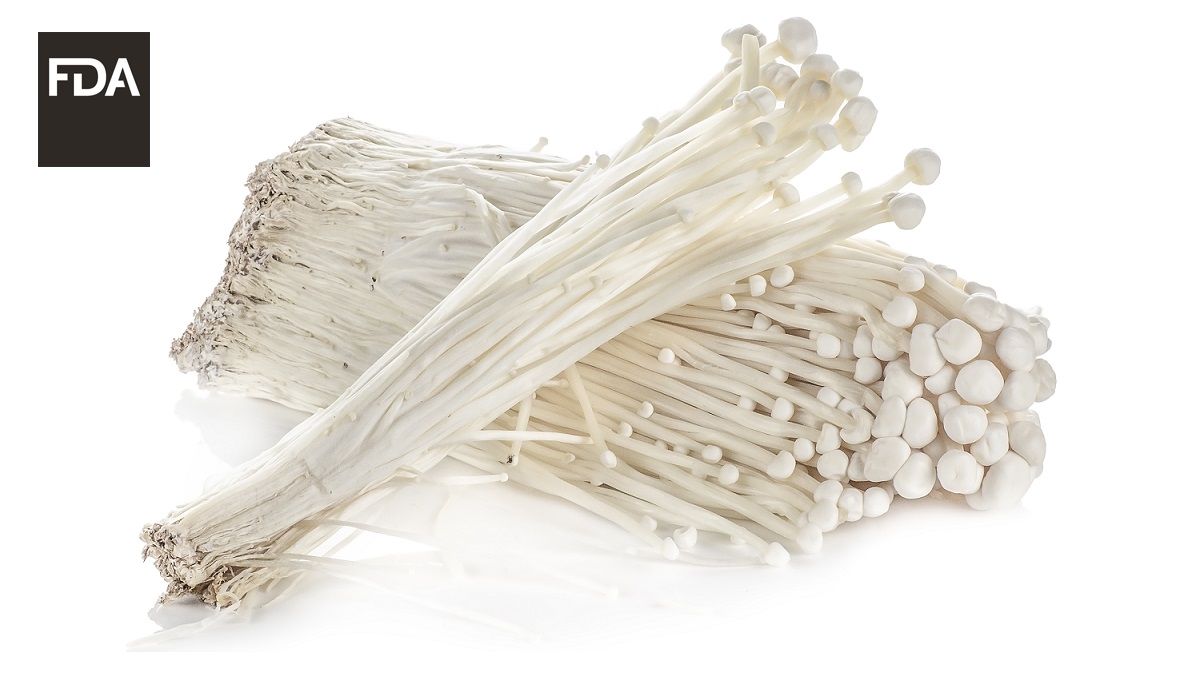Tara flour is a food additive named by Daily Harvest as the culprit behind a recent outbreak of illness affecting almost 500 of its customers. Until more information is made available to the public, CR experts recommend that consumers stop eating products containing tara flour. Neither Daily Harvest nor the FDA has any details about what specifically in the tara flour used in the French Lentil and Leek Crumbles made people ill. Due to the severity of the symptoms, people are advised to avoid tara flour until there is an understanding of what is causing the illnesses. Daily Harvest said that tara flour had been used in North America for over a year as a plant-based source of protein. Outside experts CR consulted could not locate tara flour listed as a food additive at the FDA. There is no evidence that the FDA ever reviewed tara flour. Tara hasn’t been in the U.S. food supply for long. The FDA refused to answer the CR question of whether tara is an approved ingredient. Daily Harvest did not respond to CR’s question about the safety testing the company did for tara flour before including it in its French Lentil and Leek Crumbles. @ https://www.consumerreports.org/food-safety/skip-eating-products-that-contain-tara-flour-a5736602330/




